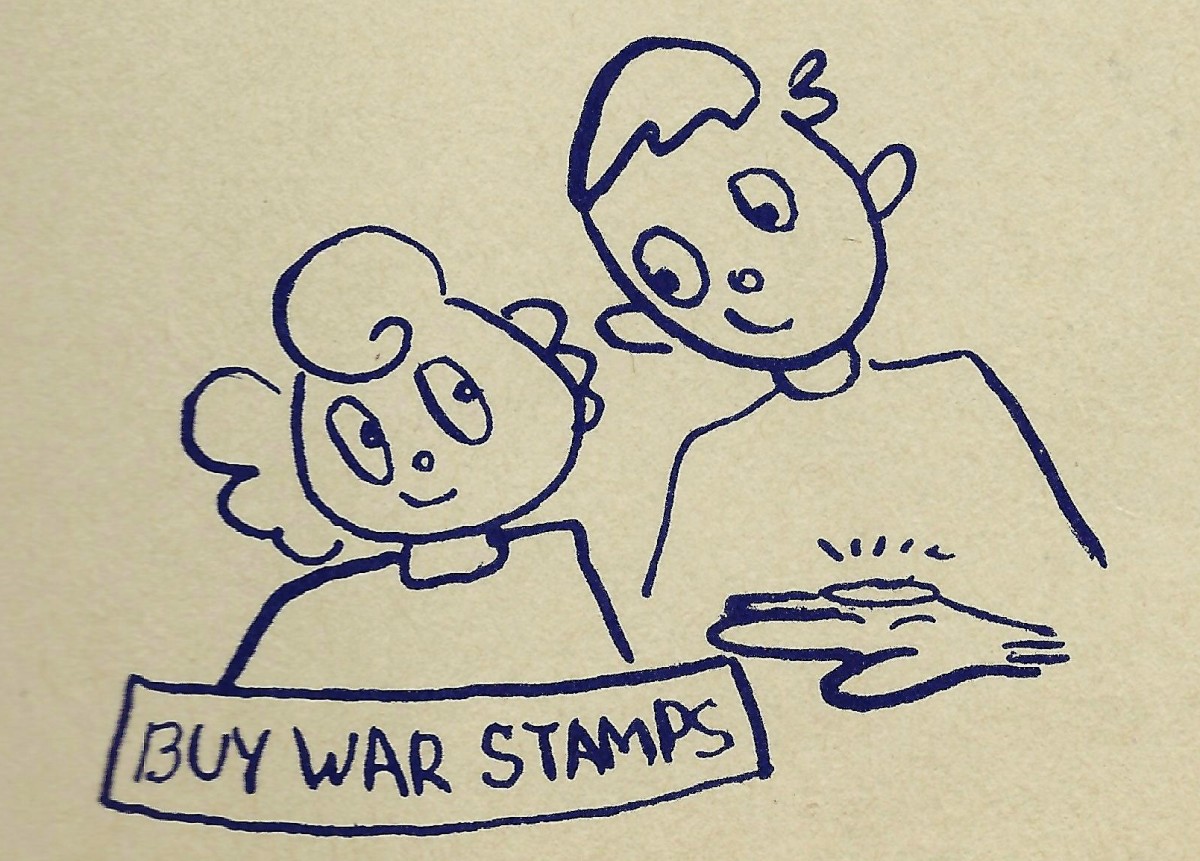Debate as an activity in high school
Debate as an activity in high school
One of the most education enhancing activities a high school student can participate in is debate. Many schools have a debate team and compete at tournaments over the course of the school year. In high school these days there are three primary types of debate – Public Forum, Lincoln-Douglas, and Policy debate. I have coached all three types and can assure you that if your child joins their schools’ debate team, they will excel in school and in life. There are many benefits, both educational, and self-enhancing, that come from being a debater. They include being more comfortable speaking in front of others, learning to think quickly on your feet, a greater level of self esteem, strong development of their minds and ability to think, analyze, and make mental assessments. High school students who do debate learn to have fun using their minds. If they do well in the competitions, then it can even guide their life choices of what to be and do as an adult.
High schools that do have a debate team generally have a teacher who is the liaison for the debate club. Often there is also a proper debate coach. The debate coach helps students prepare, practice for, and compete at tournaments. The tournaments involve usually a total of 6 preliminary debates followed by “elimination” rounds. The competitors will debate on the affirmative three times and on the negative three times and then flip a coin to determine sides in elimination rounds. They are also required to follow the time constraints of speeches. Further, it is beneficial if judges tell the students how they did after the round and give constructive feedback. Students should ask their judges at the end of the round how they did and how they might improve. In some competitions the judges to not disclose their decision nor do they give feedback. But it is my belief, based on experience, that the educational aspect of debate is augmented by a judge who gives feedback, including their vote and why they decided to vote affirmative or negative in that particular debate.
The educational aspect of debate is intense. There is substantial education when it comes to understanding the topic that the debaters are debating about. The students learn about such topics as whether there should be a death penalty for juveniles to how should the federal policy towards poverty reduction be. Whatever the topic is, the students will learn everything there is that is even tangentially related to the topic. The learning experience is equal to if not more than a classroom learning experience. This is because debaters are competing at the tournaments and want to win. Thus, they invest their heart and mind into learning the topic and being able to argue over it. For some types of debate, the topic is one single topic for the school year. For others, the topic changes every two to three months.
The three types of high school debate are: Public Forum, Lincoln-Douglas, and Policy Debate.
Public Forum (“PoFo”)
Public Forum is two person versus two person debate. It is like a “Crossfire” where each team has the opportunity to give a short speech followed by a question and answer session. There isn’t any evidence used in this debate, but research is relevant to an understanding of what the topic is, its limits, and what arguments might be created based on the students’ understanding of the topic. This type of debate is the most analogous to presidential debates and the easiest to follow.
Lincoln Douglas (“LD”)
This is one person versus one person value debate. The debater researches the topic, sometimes quotes from evidence, and argues in a persuasive style. The topic is a value topic which means that both sides will choose a value related to the resolution, and argue that the judge should adopt their value over their opponent’s value. An example of this would be “Resolved: Rehabilitation ought to be valued above retribution in the United States criminal justice system.” One side will push for rehabilitation being a stronger argument or value than retribution and vice versa.
Policy
This is by far the most intense form of the three types of debate. It requires a lot of preparation time, familiarization with evidence and understanding of the topic. The topic for policy debate is one overarching resolution that lasts the entire school year. Affirmative sides of the debate argue to advance a public policy that the federal government should adopt. The negative has to therefore be prepared to debate any possible public policy idea that might fulfill the resolution.
Whichever type of debate you or your child chooses, I highly recommend this activity for its educational value. Please also see my HUBs specific to each type of debate.








